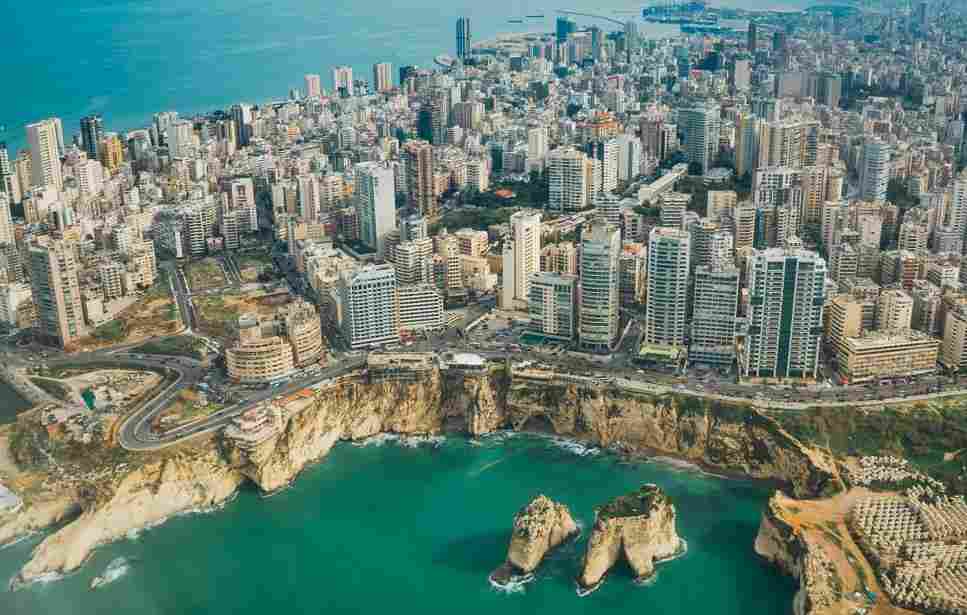
Lebanon’s environment is increasingly under pressure from unregulated development, poor urban planning, and industrial pollution. Against this backdrop, the Environmental Impact Assessment (EIA) process, mandated by Decree No. 8633/2012, emerges as a vital safeguard. An EIA is a systematic process used to evaluate the potential environmental consequences of a proposed project before it is approved or implemented. It involves identifying, predicting, and assessing the direct and indirect effects a project may have on the natural and human environment, including air and water quality, biodiversity, public health, and cultural heritage. Yet, one crucial component of this process, “Public Hearing” remains underutilized and often sidelined. It’s time to acknowledge that no EIA is truly complete without genuine and inclusive public participation.
Public hearings are not an optional add-on to the EIA process; they are a legal and democratic necessity. Article 7 of Decree 8633 explicitly states that when an EIA is required, the project owner must inform stakeholders, and the municipality (or governorate) must announce the project and allow 15 days for the public to submit comments. The Ministry of Environment must then review all feedback within one month. This process is designed not only to inform but also to empower local communities whose lives, livelihoods, and ecosystems may be directly affected.
Unfortunately, in practice, many projects either skip the public hearing stage altogether or reduce it to a box-checking exercise. Notices are published in obscure locations, hearings are poorly advertised, and stakeholder feedback is often dismissed or inadequately addressed. This undermines the very essence of the EIA…preventing environmental harm through early, informed, and participatory decision-making.
A robust public hearing ensures three things: transparency, accountability, and social license. When citizens, NGOs, and municipalities participate in assessing a project’s potential impacts, they bring local knowledge, raise red flags that may not be evident in technical reports, and propose alternatives. This collaborative work is essential to avoid projects that could irreversibly damage sensitive ecosystems or pose risks to public health and water resources.
More importantly, public participation fosters trust. In a country where institutional confidence is fragile, public hearings can help rebuild legitimacy by showing that communities have a say in shaping their environment.
Moving forward, the Ministry of Environment must strengthen enforcement of Decree 8633’s public participation provisions. Civil society, local authorities, and the media also have a role to play in demanding transparency and facilitating inclusive dialogues. Projects must be paused if the public hearing process is not properly conducted, and impact reports must include a clear account of how public feedback was integrated.
In a country as ecologically rich and politically complex as Lebanon, the voice of the people is not a threat… it is the missing key to sustainable development.
By Elie Moussallem, environment researcher at enmaeya




